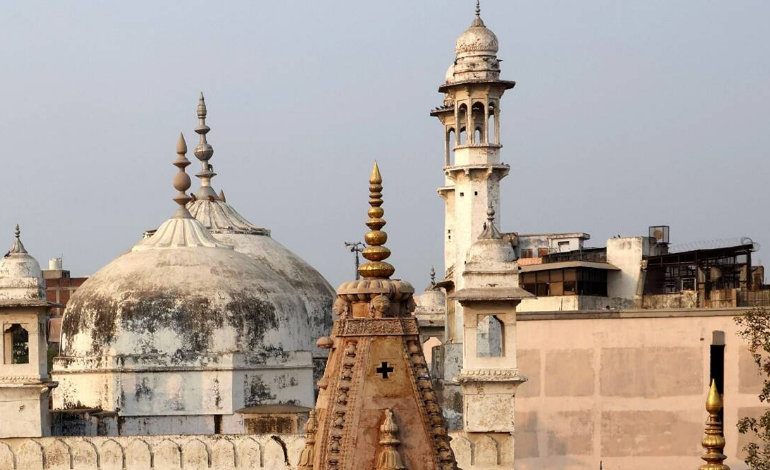On Thursday, another petition was filed in the Supreme Court challenging the constitutional legality of key portions of the Places of Worship (Special Provisions) Act 1991, claiming that the Act contradicts secularism principles

The constitutional validity of Sections 2, 3, and 4 of the Places of Worship (Special Provisions) Act 1991 was challenged by Rudra Vikram Singh, a Varanasi citizen.
According to Vikram’s complaint, the portions in question contradict Articles 14, 15, 21, 25, 26, and 29, as well as the ideals of secularism and the rule of law, which are enshrined in the Constitution’s Preamble and basic framework.
“It is respectfully submitted that the Central Government, by enacting the impugned provision (Places of Worship Act 1991) in 1991, established an arbitrary and irrational retrospective cut-off date, declared that the character of places of worship and pilgrimage shall be maintained as it was on 15 August 1947, and no suit or proceeding shall lie in the court in respect of the dispute against encroachment by barbaric fundamentalist invaders, and such proceeding shall stand.”
Swami Jeetendranand Saraswati, a religious leader, filed a new complaint against the 1991 Act on Wednesday.
That plea said that Sections 2, 3, and 4 of the Act have taken away the right to approach the Court and thus the right to judicial remedy has been closed.
Section 3 of the Act bars the conversion of places of worship. It states, “No person shall convert any place of worship of any religious denomination or any section thereof into a place of worship of a different section of the same religious denomination or of a different religious denomination or any section thereof.”
The petition went on to say, “The Act makes invaders’ barbaric deeds lawful. It goes against Hindu law, which states that “Temple property is never lost even if enjoyed by outsiders for years, and even the monarch cannot take away property since the deity is the manifestation of God and is a juristic person who represents “Infinite the timeless” and cannot be bound by time.””
The plea sought a declaration that Sections 2, 3 and 4 of the Places of Worship (Special Provisions) Act, 1991 are void and unconstitutional because they violate Articles 14, 15, 21, 25, 26, 29 of the Indian Constitution insofar as they legalise ‘ancient historical and puranic places of worship and pilgrimage’ that have been illegally occupied.